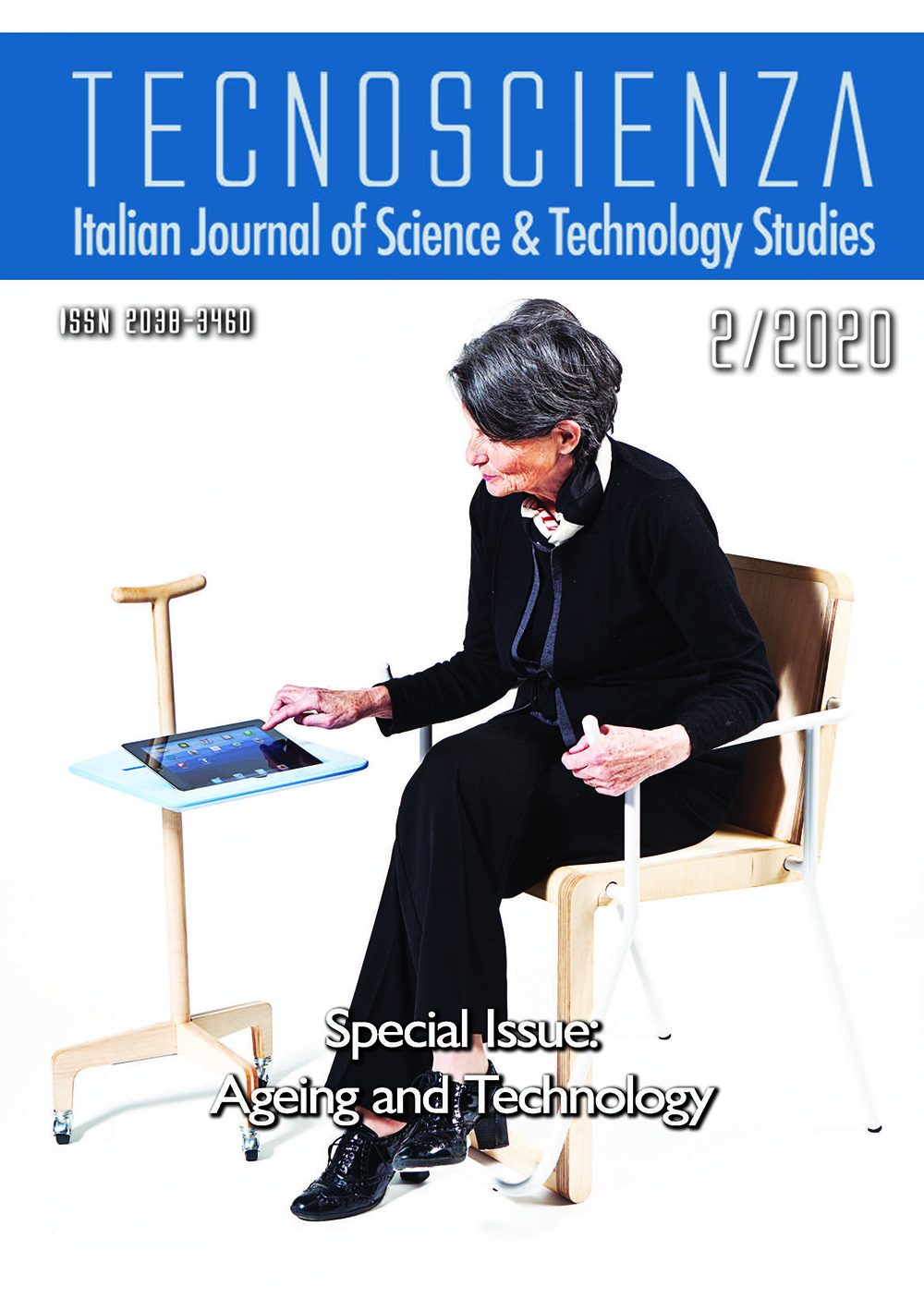Ethics by Other Means? Care Robot Trials as Ethics-in-Practice
DOI:
https://doi.org/10.6092/issn.2038-3460/17477Keywords:
ageing-and-innovation discourse, empirical ethics, figuration, human-robot interaction, socially assistive robot (SAR)Abstract
Recently, socially assistive robots (SARs) have entered care work to tackle the care deficit for ageing populations. Previous research on care robot ethics has emphasised design processes and ethical guidelines. In contrast, this paper employs an empirical ethics approach to investigate how ethics is co-constituted in care practices. Drawing on ethnographic research on an SAR’s dementia-care usability trials, the core research question is “What therapeutic gains does human-robot interaction achieve for older users?” These usability trials were underpinned by the optimistic “ageing-and-innovation discourse”, which frames how “the good” and “therapeutic gain” are perceived. Furthermore, this article contributes to science and technology studies (STS) on older users by studying user figuration as a site of “ethics by other means”. It argues that the ethics of care robots should not be contemplated only as ethical frameworks, guidelines and imperatives but, rather, as situated and relational normativities that stem from care practices.





